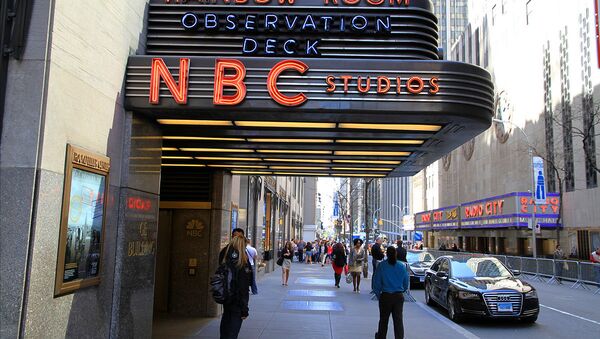One of the “high level” sources explained that it began as a “vendetta” against Hillary Clinton, but turned into an effort to expose corruption in American politics.
The FBI and other agencies have challenged assertions by the CIA that Russia hacked the US presidential election to help Donald Trump win, as have a host of former intelligence officials.
Former Russian Ambassador Michael McFaul told NBC that Putin is sore over Clinton casting doubt on the integrity of Russian elections.
"He has had a vendetta against Hillary Clinton, that has been known for a long time because of what she said about his elections back in the parliamentary elections of 2011. He wants to discredit American democracy and make us weaker in terms of leading the liberal democratic order. And most certainly he likes President-elect Trump's views on Russia," McFaul said.
Neither the CIA, nor the Director of National Intelligence would comment or confirm NBC’s story.
Meanwhile, on Monday, a group of six former high-level intelligence officials calling themselves the “Veteran Intelligence Professionals for Sanity” released a letter asserting that Russia is not behind the hack.
“The evidence that should be there is absent; otherwise, it would surely be brought forward, since this could be done without any danger to sources and methods,” the letter states. “Thus, we conclude that the emails were leaked by an insider – as was the case with Edward Snowden and Chelsea Manning. Such an insider could be anyone in a government department or agency with access to NSA databases, or perhaps someone within the DNC.”
One of the signers, William Binney, a cryptanalyst-mathematician who spent 30 years with the NSA, told Radio Sputnik’s Loud & Clear that the WikiLeaks email releases were not hacks at all, but insider leaks.
“In order to get to the servers, they [hackers] would have to come across the network and go into the servers, penetrate them, and then extract data out of the servers and bring it back across the network,” Binney explained. “If it were the Russians, it would then go to Russia, and it would have to go from there across the network again to get to WikiLeaks.”
If it was a hack, Binney revealed, the NSA would know who the sender and recipients of the data are, thanks to mass internet surveillance programs. The intelligence apparatus does not depend on “circumstantial evidence,” as has been reported, he noted.
“My point is really pretty simple. There should be no guessing here at all, they should be able to show the traceroutes of all the packets, or some of them anyways, going to the Russians and then from the Russians to WikiLeaks,” Binney explained. “There is no excuse for not being able to do that — and that would be the basic evidence to prove it. Otherwise, it could be any hacker in the world, or any other government in the world, who knows.”




